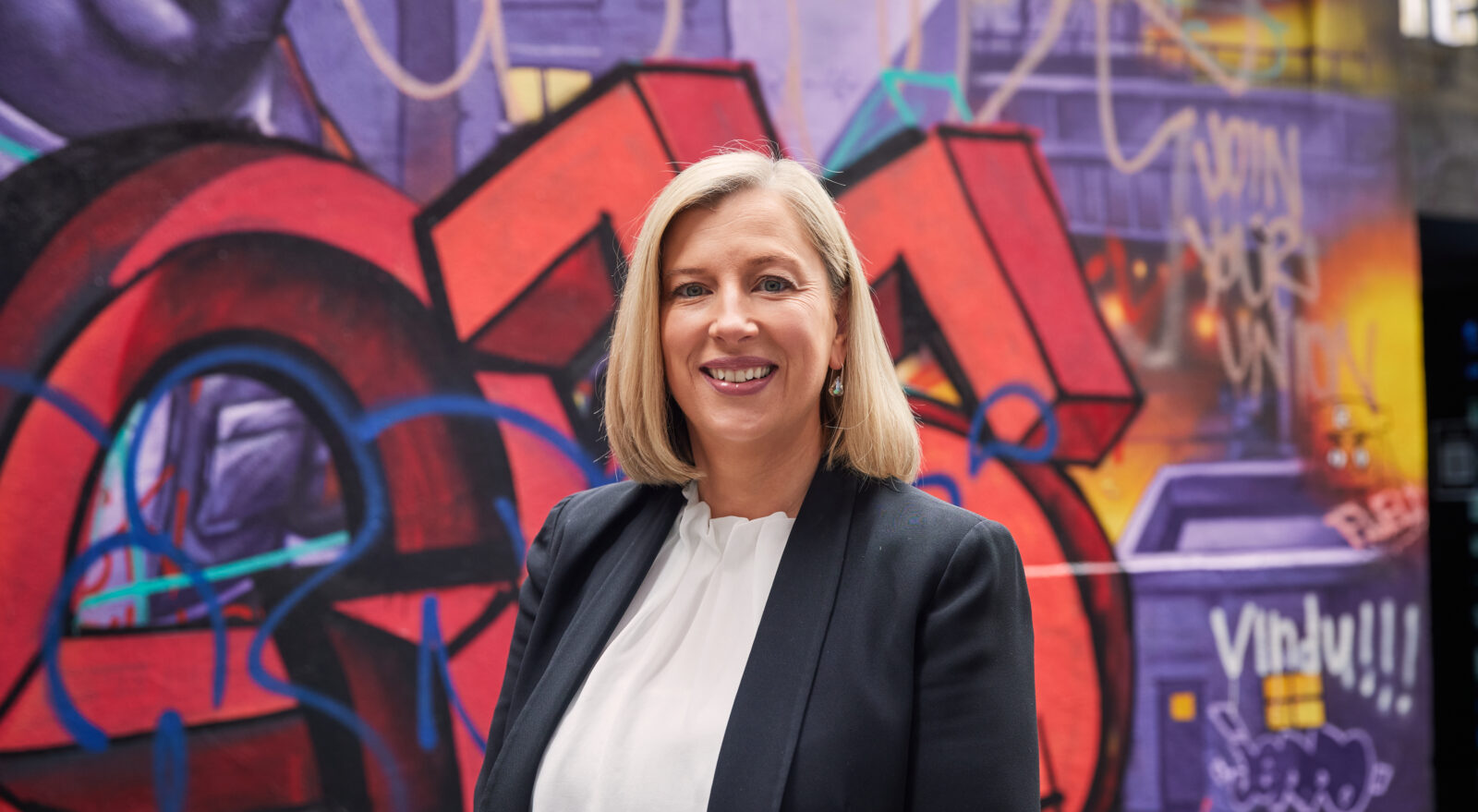During IMEX Frankfurt, Boardroom spoke with Julia Swanson, CEO of the Melbourne Convention Bureau (MCB). Julia shares insights into Melbourne’s reopening for business events, with medical conferences taking the lead, social sustainability initiatives, as well as the city’s e-guide, a valuable resource for event planners.
What sectors in Melbourne have experienced significant growth during the pandemic?
Melbourne has seen significant growth in the health, medical, biotechnology, and science research sectors during the pandemic. The city has always been strong in these areas, but the pandemic has further propelled the development and collaboration within these sectors. Melbourne’s research institutes have played a crucial role in vaccine research, immunology, and infectious diseases, guiding the country and the government. As a result, there has been a substantial investment in medical facilities, including the establishment of a new mRNA vaccine facility, making Melbourne a thriving hub for medical advancements.
Can you provide some examples of major conferences that Melbourne has secured?
Melbourne has successfully secured several major conferences. One notable event is the World Congress of Genetics, which is scheduled to take place this year. Additionally, the city is hosting the World Congress of Optometry and the Global Entrepreneurs Conference, which will bring together multidisciplinary entrepreneurs, venture capitalists, researchers, and policymakers. These conferences aim to foster global collaborations and facilitate knowledge exchange in various fields.
How is Melbourne reinforcing social sustainability into events and programs?
Melbourne is actively incorporating First Nations culture into events and programs. There has been an increasing interest in understanding and immersing in the culture of Australia’s First Nations. The city works closely with First Nations specialists within the broader Tourism Victoria space to coordinate and educate both clients and locals about First Nations culture. Activities may include inviting indigenous elders to share their knowledge, visiting indigenous sites such as Budj Bim (a world heritage site with ancient indigenous farming), collaborating with First Nations food producers to showcase native ingredients, and organizing social programs that support First Nations communities. This focus on First Nations culture aims to celebrate and recognize Australia’s rich indigenous heritage and improve the lives of the local community.
Which markets have shown increased interest in holding events in Melbourne since the reopening?
Melbourne has witnessed increased interest from various markets since its reopening. With China’s reopening for example, there has been a surge in economic activity, leading to the resumption of air services and the growth of aviation capacity between Melbourne and China. Most importantly, Europe, especially markets like Brussels and Paris, continues to be a strong market for Melbourne, particularly in the association sector. The United States is another significant market, with large conferences coming from the medical field as well as prominent organizations like Lions Clubs and Rotary. In fact, the city recently hosted the prestigious Rotary International Conference welcoming thousands of members from around the world to engage in discussions, share ideas, and collaborate on projects aimed at making a positive impact on society. The conference showcased Melbourne’s state-of-the-art convention facilities, renowned hospitality, and ability to host large-scale international events.
What features does Melbourne’s newest version of the e-guide offer to event planners?
Melbourne’s e-guide offers a range of features and resources to enhance the event experience. Launched this past March, the second edition of the guide serves as a comprehensive digital platform that provides up-to-date information on attractions, events, dining, shopping, and accommodations in Melbourne. It includes interactive maps that help planners and delegates alike navigate the city and discover popular destinations. The e-guide also offers personalized recommendations based on event organizers preferences, allowing them to tailor their experience to their needs. Additionally, the e-guide provides insights into Melbourne’s cultural offerings, including galleries, museums, and theaters, ensuring that participants can fully immerse themselves in the city’s vibrant arts scene. Furthermore, the e-guide keeps attendees informed about upcoming events, festivals, and exhibitions, ensuring they don’t miss out on any exciting happenings during their stay.
